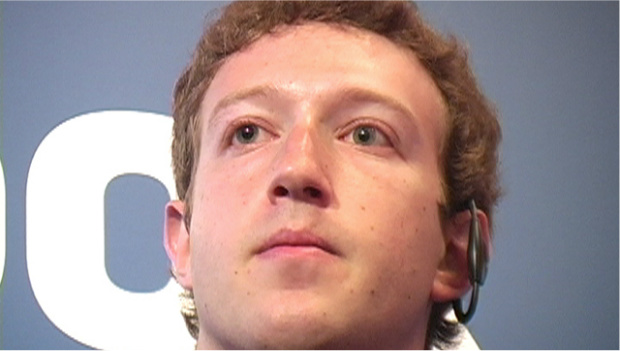Distasteful, creepy, immoral, against our terms of service, but not illegal. That’s the official Facebook line set forth by company president and founder Mark Zuckerberg this week.
After six days hunkered down with the finest PR crisis managers on the planet, Zuckerberg went on a media blitz, sitting down with the likes of Wired, Recode and CNN to explain what happened, what was going to be done about it and why we should all treat this as a teachable moment.
The main consquence of the Cambridge Analytica scandal is the irreparable damage to Facebook’s corporate reputation. Everyone knew it was a soft touch when it comes to data protection. Any entity that works to the ‘work fast and break things’ ethos of agile product development knows that features go to market untested, half-cocked and primed for exploitation. So it was with Facebook’s Social Graph API that provided a route to the inner lives of up to 50 million US users. Now we know the end point of that kind of approach: the manipulation of democracy. If you were merely irritated by Facebook before, you should be outraged right now.
You might like to look at the hammering Facebook has taken to its share price and thought ‘that’ll learn ’em’ but share prices bounce back and, rest assured, after some measured contrition and a promise to do better both stock value and user figures will stablise and slowly increase. It will take time and maybe people will be cagey about what they share but this is not the end of an empire.
So what does Zuckerberg do to calm the market and promise to do right by some 2 billion users?
Ask for supervision.
It’s this part of Zuckerberg’s mea culpa that should bring discussion about Facebook’s place in society to an end. The argument of ‘we’re a platform, not a publisher’ has never convinced and calls for some form of regulation are becoming a lot more appealing – especially if it means you can put more effort into working fast and breaking stuff.
In conversation with Recode’s Kara Swisher, Zuckerberg said he accepted it was his duty to protect the community and come up with a ‘system’ to do so. A system. Not a set of common principals or shared values holding a community of billions together. A system. Once again, in thinking like an engineer Zuckerberg is failing to account for the one thing undermining his company: basic human ingenuity.
This is a recurring problem of the Siliconistas whose decisions shape who and how we interact with people online. There’s a world of bad actors out there waiting on pounce on any platform or service big enough to cause a ripple if it goes down. Be it ask.fm, Chat Roulette or Facebook itself – if the platform permits bad behaviour and the nous isn’t there to create and maintain appropriate discourse, it will be subverted and abused.
Herein lies the necessity for a new kind of regulation, where the values of a social platform are continuously revised and where social norms embed at a more stable rate than feature deployments and ethical testing becomes part of the development process.
As virtue ethicist Shannon Vallor tweeted in reaction to Zuckerberg’s interview, the line is drawn by “responsible moral agents with due care and stakeholder input”.
Facebook’s cultural obsession with automation and the commercialisation of its users cannot deliver the oversight it needs. What it does need is some in-house expertise and an embracing of data protection standards over and above those in the General Data Protection Regulation.
This is one instance where the tech sector’s embrace of ‘fail again, fail better’ – manages to treat abject decision-making as some sort of personal development exercise – shouild be supplanted with a more fitting ‘failure is not an option’.
One hope the Office of the Data Protection Commissioner is putting together some lesson plans so the world won’t have to put up with another mea culpa from the Valley.







Subscribers 0
Fans 0
Followers 0
Followers